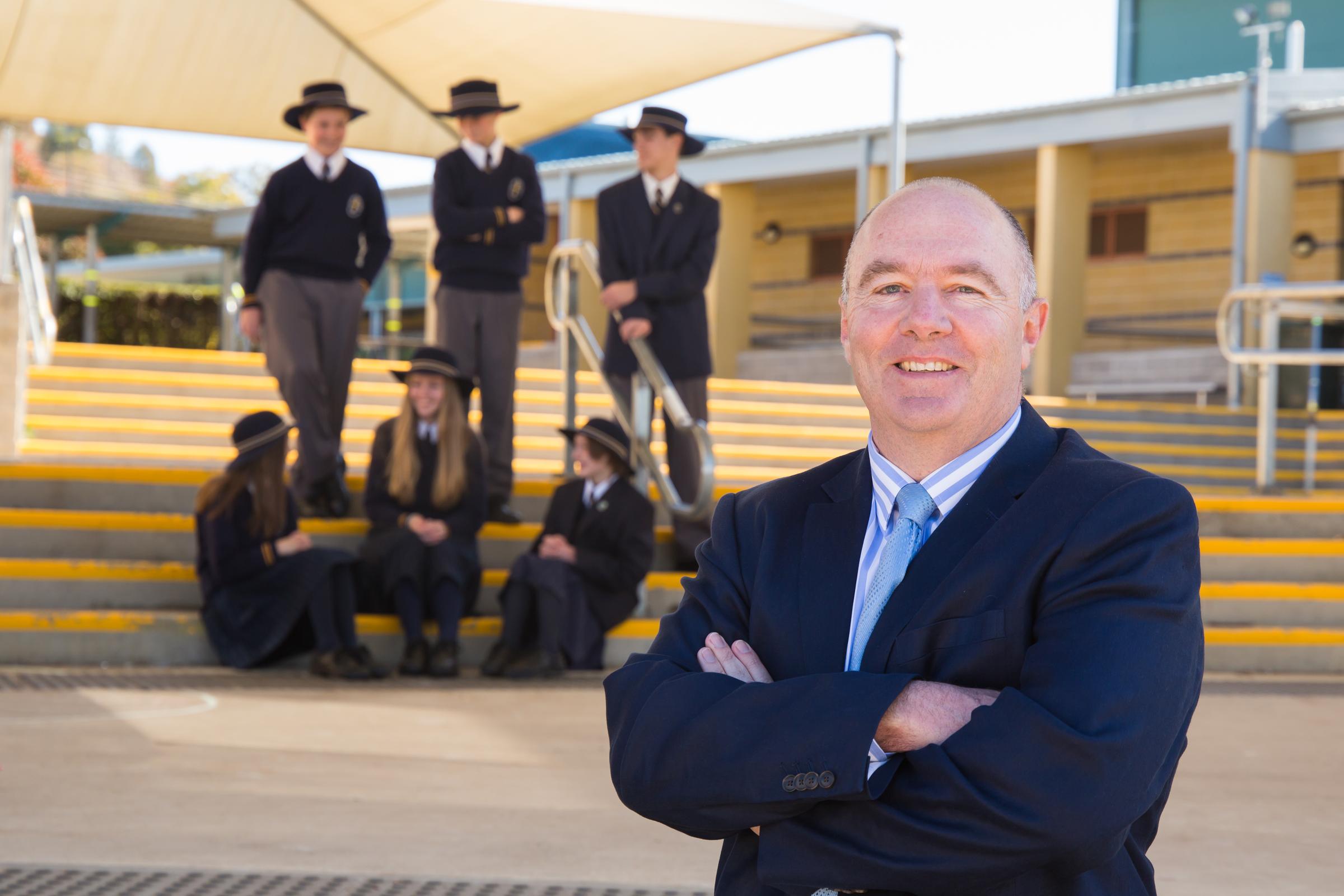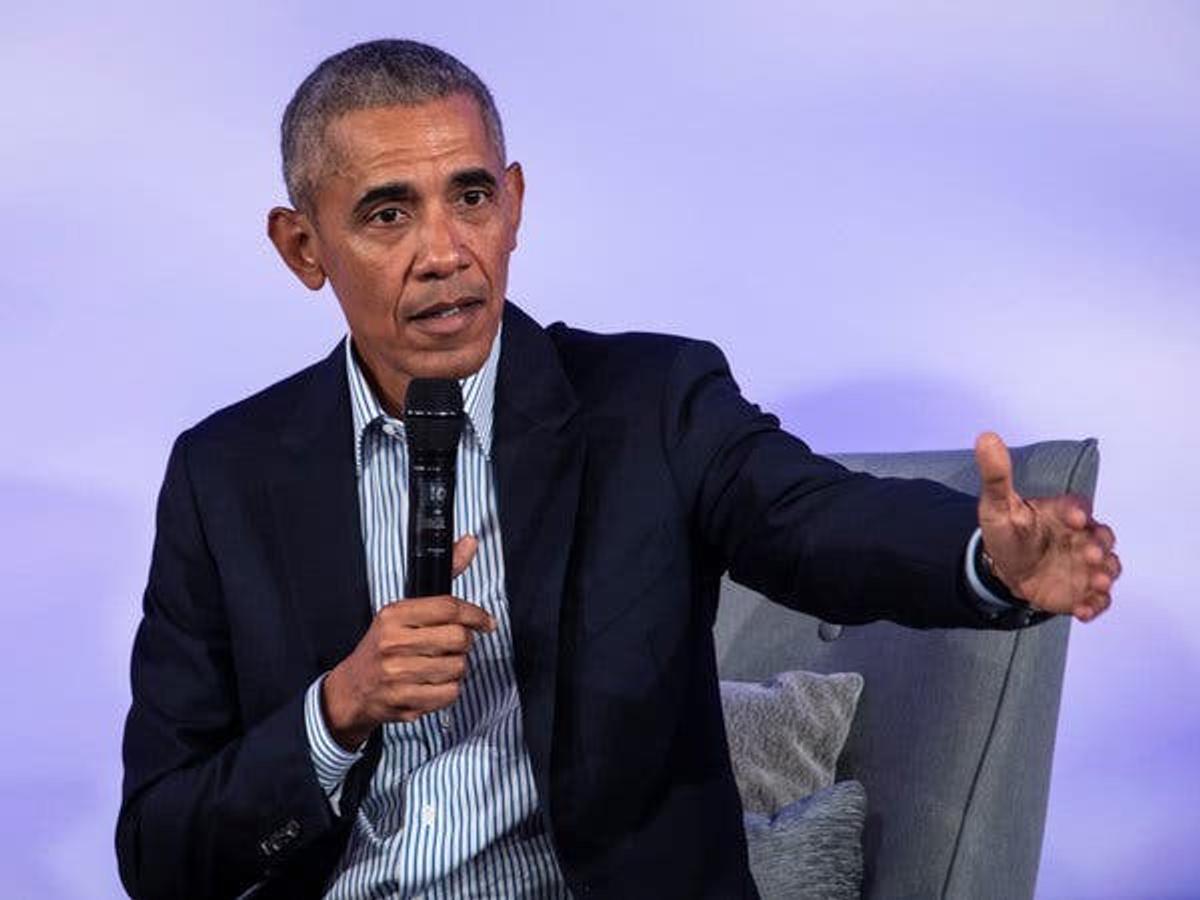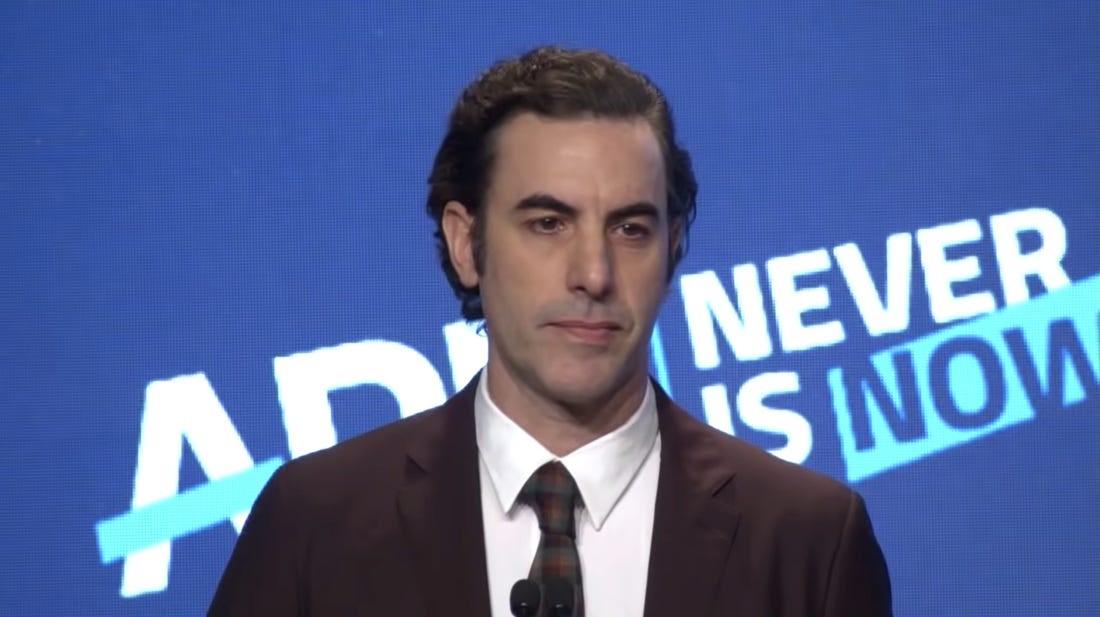Assistant Principal - Pastoral Care

Voice of Prophets
In the Old Testament it is thought that there were three ‘voices’ at work in the different books, one of which was the prophets – a voice of critique and hope. The prophets recorded the unfolding story of God’s relationship with the people of Israel, particularly during times of significant change as they came into contact with the great civilisations of the time. The prophets provided a radical critique of the life of the Israelites – especially the shortcomings of their leaders and the peoples failure to live up to their covenant with God. The prophets didn’t foretell the future but instead offered hope by stressing the ongoing nature of God’s love, despite human failings, and the alternative vision that could be found in God’s promises. The prophets thus challenged the status quo and imagined a future where the marginalised were treated justly and fairly.
What is the relevance of such an introduction on the Old Testament? Recently I have been intrigued by the comments made by Barack Obama now that he has left the Office of President of the USA. To me there is a deep wisdom to his reflections and thoughts about contemporary society, which, like the prophets of the Old Testament, disturb the status quo and challenge us to think of an alternative way of seeing and being in the world.
Late last year he made strong comments against ‘Cancel culture’. Apparently this is a growing phenomenon in social media where people are subject to severe public condemnation on account of some mistake they have made. In essence, it ends up with the victim being declared a non-person which means they are someone intolerable to decent society (hence they have been cancelled I assume). Obama rightly took strong issue with such an approach:
“You know, this idea of purity and you’re never compromised and you’re always politically woke and all that stuff — you should get over that quickly. The world, the world is messy. There are ambiguities. People who do really good stuff have flaws. Like if I tweet or hashtag about how you didn’t do something right or used the word – wrong verb or then I can sit back and feel pretty good about myself because, “Man, you see how woke I was, I called you out.” I get on TV. Watch my show. Watch “Grown-ish.” You know, that’s not activism. That’s not bringing about change.”
Continuing on with this theme, Obama has commented that technology is “splintering us apart”. He recognised that technology has the capacity to be an “amazing engine of wealth creation” and is able to bring people together across the global community. Unfortunately, this is not transpiring – instead technology is amplifying inequality both within nations and between nations. Likewise, the investigations into Facebook and its use of people’s data and false advertising is highlighting how social media can be used for insidious means. In a speech where he received an award for leadership, Sacha Baron Cohen (better known as Ali G) was reported to have said:
‘Social media companies he called "a sewer of bigotry and vile conspiracy theories," taking aim at the leaders of Google, YouTube and Twitter for not more actively removing hate speech from their platforms. But he reserved his most biting critique for Facebook's Mark Zuckerberg, whom he called "unaccountable" and compared to Julius Caesar during the Roman Empire.
"I'm just a comedian and an actor, not a scholar," said Cohen, who was accepting the ADL's International Leadership Award. "But one thing is pretty clear to me: All this hate and violence is being facilitated by a handful of internet companies that amount to the greatest propaganda machine in history."
"In every other industry, a company can be held liable when their product is defective," he said. "When engines explode or seat belts malfunction, car companies recall tens of thousands of vehicles at a cost of billions of dollars. It only seems fair to say to Facebook, YouTube and Twitter, 'Your product is defective, you are obliged to fix it no matter how much it costs and no matter how many moderators you need to employ.' "
Obama went on to say that previously there were three or four television stations and several main newspapers which ensured a “common conversation and culture” was in existence within our society. There was a basic agreement on what was factual and true. Now, people access information from many diverse sources and thus potentially live in a “different reality” and there can be no agreement on what is true and what isn’t. As a consequence, people become polarised from each other (again I point to Brexit and the rise of Trump in the USA as living examples). The more dogmatic people become the less likely they are to listen to each other and share a common dialogue that is in the best interest of everyone. Now, people simply dismiss or refuse to engage with other people and their ideas and resort to simplified labels and platitudes. Spitting brash and obnoxious comments on social media platforms without having to fully engage with the other person has become the norm. There seems to be no real place for informed debate in ordinary society.
While Obama is commenting on a global level, his words resonate for us in our school community. So often we become tasked with solving personal crisis with students because of social media. On a micro level our students are mimicking the very things Obama is worried about – the chastising and ostracising and polarising that takes place on social media platforms has a “splintering” effect. We witness this on a daily basis. Parents have a powerful role to play in this area of their young person’s life. Below are some useful tips from The Australian Parenting Website on how you can proactively influence your children’s use of social media in a positive manner.
Role-modelling healthy screen time: tips
Here are some ideas for healthy screen time that you can use to set a good example for your child:
- Set aside some phone-free time each day, so you can be ‘in the moment’ with your child. This could be when your child gets home from school or you get home from work, during family mealtimes, when you’re watching your child play sport, when you’re at the park with your child and so on.
- If you get a text message or social media update while you’re talking to someone, especially your child, wait until the conversation is finished before you check it.
- Try not to have your phone, tablet or laptop in your bedroom at night. Charge your devices overnight in a family area, and teach your child to do the same.
- Switch off the TV at family mealtimes or when it’s ‘on in the background’. You could try listening to some music instead.
- Work together with your child to create a family media plan. You could include things like no mobiles phone at mealtimes. Then make sure you follow the guidelines in the plan too!
- Use screens in a positive way – for example, to keep in touch with family and friends by sending texts, making video calls or using social media.
- Take breaks and move around regularly when you’re using screens. And use your device at eye level for good posture.
- Avoid always using screens to entertain your child in situations like long car journeys or appointments. Try mixing it up with things li



